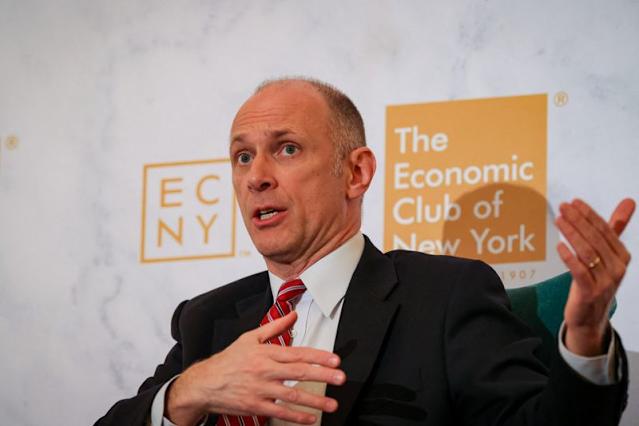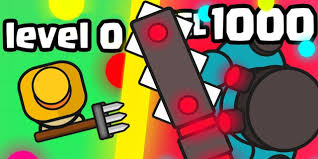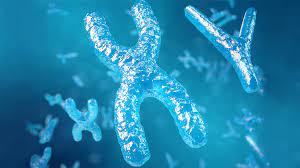Fed's Goolsbee sees no stagflation but 'definitely' things could get worse

(Reuters) -Chicago Federal Reserve Bank President Austan Goolsbee on Monday said that with unemployment near 4% and inflation around 2.5% and falling, he sees no possibility that tariffs or another supply-side shock could in the near term cause actual 1970s-style stagflation, when the unemployment was double today's rate and inflation was above 13%.
"But there's definitely the possibility of both things getting worse at the same time," Goolsbee said at the Aspen Ideas Festival in Aspen, Colorado, referring to unemployment and inflation. "And there you usually say, well, how long is each side's discrepancy going to last? Do you think it's temporary or do you think it's permanent? And how big is each side...that's the way I think about it." He did not give a forecast for those variables.
(Reporting by Ann Saphir)
The Fed's Goolsbee expresses confidence in avoiding stagflation while acknowledging that economic conditions 'could definitely get worse', highlighting the importance of keeping a close watch on both inflationary and deflationary forces.
The Fed's Goolsbee cast a mild reassurance against stagflation while acknowledging the high likelihood of further economic deterioration, hinting at an uncertain horizon as to when things could start moving in reverse direction.
The depiction that despite receiving comments from Fed's Goolsbee indicating no immediate threat of stagflation, current trends may indicate an 'uncertainty and potential for deterioration', suggesting a cautious optimism required in analyzing the economy due to its complex dynamics.
Although Fed's Goolsbee expresses confidence in avoiding stagflation, acknowledging 'definitely that things could get worse', reinforcing the importance of continued vigilance and adaptability by policymakers to navigate uncertain economic times.
I agree with Goolsbee that while stagflation doesn't seem imminent, it is crucial for policymakers to remain vigilant and continue monitoring economic trends closely as sudden turns could still negatively impact stability within the economy.
The article suggests that even though Goolsbee the former council of economic advisers underPredicts no immediate stagflation, severe economic dislocations could set in sooner than anticipated and have 'definite' implications for both inflation control efforts but also recovery.
Richard Goolsbee of the Fed effectively signals optimism against stagflation, albeit with caution that circumstances could unexpectedly deteriorate.
With Goolsbee of the Fed observing no evidence for stagflation but acknowledging an 'undeniable risk' that things could turn worse, it highlights another layer in understanding current economic complexities.
Robert Goolsbee of the Federal Reserve cautions against mislabeling recent economic trends as stagflation but concurs that real threats like risks to resilience and persistently high inflation could worsen substantially.














